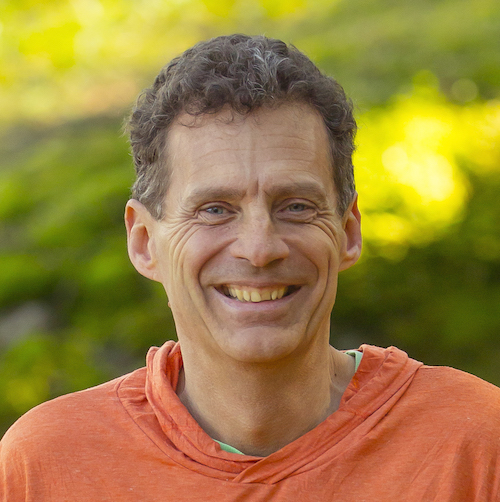
Definition of Clinical Addiction:
“Continued dependence on alcohol or drugs despite serious consequences, a condition exceeding the capacity of the user to discontinue use of substance unaided, because the will itself has rendered ineffective.” From the book Power vs. Force, by David R. Hawkins, M.D., Ph.D.
What if addiction isn’t about the chemical ‘hooks’? What if, instead, it’s about the cage we’ve built for ourselves?
Arising evidence is supporting the theory that the underlying cause of addiction is not chemical dependency, but rather it’s with our dissatisfaction of life, the desire to reduce our pain and fulfill our need to bond with someone or something.
It’s innate in all of us. We all need to feel connected.
What do men reach for when they feel alone, isolated, disconnected and desperate; when they’re traumatized or beaten down by life and feel inadequate? What will men do when they are missing healthy, nurturing and fulfilling connections?
Men will seek out something that provides relief – something, anything – they feel a bond with.
Many men turn to unhealthy addictive behaviours when they can’t bear being present in their disconnected and lonely lives.
They indulge in habitual behaviours that provide short-term release, such as: alcohol, cocaine, marijuana, gambling, pornography, gaming, TV or technology.
These quick-fix habitual behaviours often result in feelings of guilt and shame and an increasing sense of loneliness.
This was my story, even though it appeared I had the “good life”. My feelings of shame, guilt and low self-worth led me to believe I was unappreciated, unimportant and dis-empowered.
Destructive addictive behaviours were my “go-to” choice to help me attain a sense of connection and minimize my pain.
To minimize the pathway into addiction, it is imperative that men engage in healthy, non-judgmental relationships and situations where they feel energized, supported and accepted.
Men need bonds and connections they want to be present for, ones that give them a sense of value and purpose.
These types of uplifting connections made a tremendous difference in helping me turn my life around and reduce my desire for short-term distracting, destructive and addictive behaviours.
Notice what habits and behaviours you turn to in order to feel connected, to feel better and to reduce your pain. And ask; ‘Are these habits helpful or hurtful to me in the long-term’?
Choosing away from quick-fix unhealthy habits can be challenging. It will take practice, patience, persistence and support to move to new habits.
An easy to use and powerful tool that I’ve used will help you clarify the pros and cons of keeping or changing a habitual behaviour. You will create powerful motivation and inspiration for change and have a substantially better chance for successful change to occur.
Click here to get your free access to the Choice Comparison Matrix.
Recognize whether your habitual behaviours are an exchange of short-term relief for long-term pain or short-term discomfort for long-term connection, health and fulfillment.
It’s up to you. You get to choose.
Be aware of the choices you’re making. Be empowered. Make better choices. Create a better life.
Johann Hari gives a great TED Talk on this topic below entitled: Everything you think you know about addiction is wrong.
 I write to inspire others to greater self-empowerment, authenticity, and improved emotional and mental well-being.
I write to inspire others to greater self-empowerment, authenticity, and improved emotional and mental well-being.
I am the author of the unique personal development novel The Shift Squad.
If you like what you read please subscribe for updates, share my articles with others, and add your comments below.
You can connect with me via email at [email protected] , on Facebook, Twitter, and LinkedIn.
Be Empowered. Make Authentic Choices And Enhance Your Quality Of Life.
